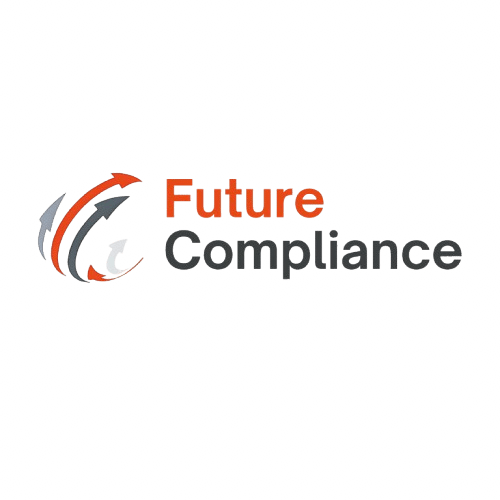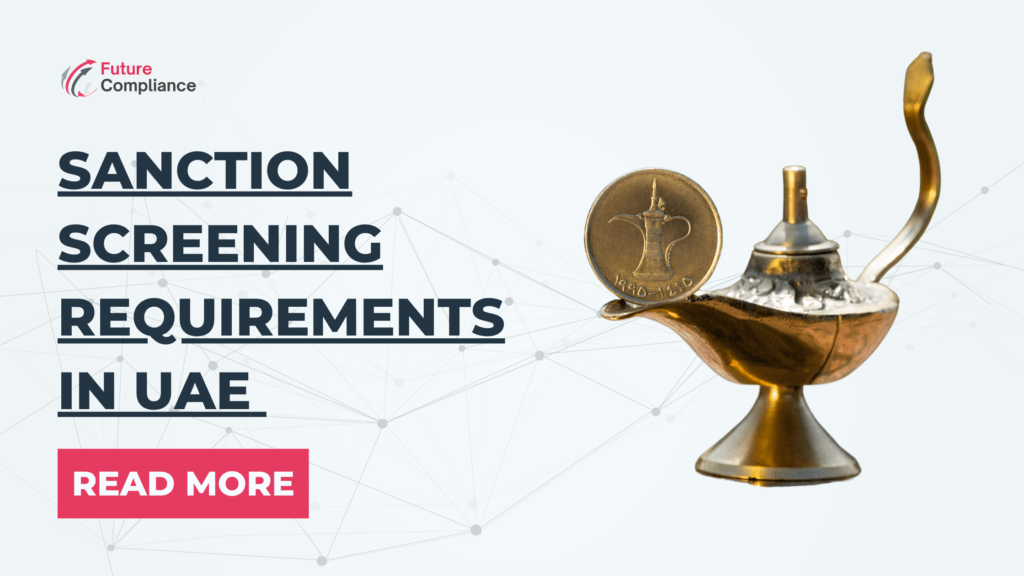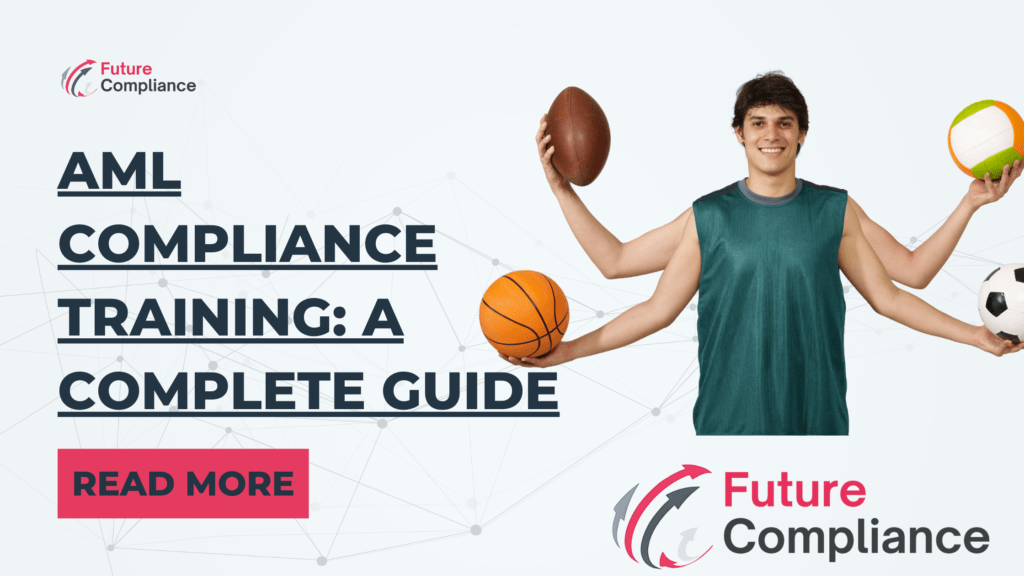Table of Contents
- Introduction
- AML/CAMS
- Auditing Process
- Risk Assessment
- Internal Controls
- Data Analysis
- Documentation
- Reporting
- Training and Education
- Technology and Automation
- Regulatory Compliance
- Fraud Detection
- Whistleblowing
- Audit Sampling
- Quality Assurance
- Ethics and Professionalism
- Emerging Trends
- Global Standards
- Continuous Monitoring
- Conclusion
Introduction
Welcome to the world of future auditing! In this article, we will explore various aspects of AML/CAMS, auditing processes, and emerging trends in the field.
AML/CAMS
Anti-Money Laundering (AML) and Combating the Financing of Terrorism (CFT) are crucial for organizations to prevent financial crimes. Certified Anti-Money Laundering Specialists (CAMS) play a vital role in ensuring compliance with regulations.
Auditing Process
The auditing process involves a systematic examination of financial records, internal controls, and compliance with laws and regulations. Auditors assess the accuracy, reliability, and integrity of financial information.
Risk Assessment
Risk assessment is a critical step in auditing. It involves identifying potential risks, evaluating their impact, and developing strategies to mitigate them. Auditors analyze internal and external factors that may affect an organization’s operations.
Internal Controls
Internal controls are policies and procedures implemented by organizations to safeguard assets, ensure accurate financial reporting, and promote operational efficiency. Auditors assess the effectiveness of internal controls.
Data Analysis
Data analysis plays a significant role in modern auditing. Auditors use advanced tools and techniques to analyze large volumes of data, identify patterns, and detect anomalies that may indicate fraud or non-compliance.
Documentation
Accurate and comprehensive documentation is essential in auditing. Auditors maintain detailed records of their work, including findings, procedures performed, and evidence gathered. Documentation provides transparency and supports audit conclusions.
Reporting
Auditors prepare reports summarizing their findings and recommendations. These reports communicate audit results to management, stakeholders, and regulatory authorities. Clear and concise reporting is crucial for effective communication.
Training and Education
Ongoing training and education are vital for auditors to stay updated with industry developments, regulatory changes, and emerging risks. Continuous learning enhances auditors’ knowledge and skills, enabling them to perform their roles effectively.
Technology and Automation
Advancements in technology have transformed the auditing profession. Auditors leverage automation, artificial intelligence, and data analytics tools to improve audit quality, efficiency, and effectiveness.
Regulatory Compliance
Regulatory compliance is a key focus for auditors. They assess an organization’s adherence to applicable laws, regulations, and industry standards. Auditors help organizations identify gaps and implement necessary measures for compliance.
Fraud Detection
Auditors play a crucial role in detecting and preventing fraud. They assess the effectiveness of fraud prevention measures, identify red flags, and investigate suspicious activities. Early detection helps organizations minimize financial losses.
Whistleblowing
Whistleblowing mechanisms encourage employees and stakeholders to report unethical behavior, fraud, or non-compliance. Auditors support organizations in establishing robust whistleblowing processes to ensure transparency and accountability.
Audit Sampling
Audit sampling involves selecting a representative portion of data for examination. Auditors use statistical techniques to draw conclusions about the entire population. Sampling helps auditors assess the accuracy and reliability of financial information.
Quality Assurance
Quality assurance processes ensure that auditing practices comply with professional standards and regulatory requirements. Auditors undergo external and internal reviews to assess the quality of their work and identify areas for improvement.
Ethics and Professionalism
Ethics and professionalism are fundamental principles in auditing. Auditors maintain independence, objectivity, and integrity while performing their duties. They adhere to ethical guidelines and professional codes of conduct.
Emerging Trends
The auditing profession is continuously evolving. Emerging trends include integrated reporting, sustainability audits, cybersecurity audits, and the use of blockchain technology. Auditors adapt to these trends to meet the changing needs of organizations.
Global Standards
Auditing standards vary across jurisdictions. However, there is a growing trend towards convergence and harmonization of auditing standards globally. International standards provide a framework for consistent and high-quality auditing practices.
Continuous Monitoring
Continuous monitoring involves real-time monitoring of financial transactions, internal controls, and compliance indicators. Auditors use technology to identify potential risks and deviations from established controls, enabling timely intervention.
Conclusion
As the auditing profession embraces technological advancements and adapts to emerging risks, auditors play a critical role in ensuring transparency, accountability, and trust in financial reporting. Continuous learning, adherence to professional standards, and embracing innovation are key to future auditing success.
FAQs
- Q: What qualifications are required to become a Certified Anti-Money Laundering Specialist (CAMS)?
- Q: How often should organizations conduct internal audits?
- Q: What is the role of auditors in fraud prevention?
- Q: How do auditors ensure independence and objectivity?
- Q: What is the role of technology in modern auditing?
- Q: How do auditors ensure compliance with ethical guidelines?
- Q: What are some emerging trends in auditing?
- Q: How do auditors assess the effectiveness of internal controls?
- Q: What is the purpose of continuous monitoring in auditing?
- Q: How do auditors stay updated with regulatory changes?
A: To become a CAMS, individuals need to meet certain educational and professional experience requirements and pass the CAMS examination.
A: The frequency of internal audits depends on various factors such as the organization’s size, industry, and regulatory requirements. Generally, internal audits are conducted annually or biannually.
A: Auditors assess an organization’s fraud prevention measures, identify potential vulnerabilities, and recommend controls to mitigate fraud risks. They also investigate suspected fraud and provide evidence for legal proceedings, if necessary.
A: Auditors maintain independence by avoiding conflicts of interest and not being influenced by undue external pressures. They remain objective by basing their conclusions on evidence and professional judgment, rather than personal biases.
A: Technology enables auditors to automate repetitive tasks, analyze large volumes of data, detect anomalies, and enhance the overall efficiency and effectiveness of audits.
A: Auditors adhere to professional codes of conduct, which outline ethical principles such as integrity, objectivity, confidentiality, and professional competence. They undergo training and are subject to disciplinary measures for non-compliance.
A: Emerging trends include integrated reporting, sustainability audits, cybersecurity audits, and the use of data analytics and blockchain technology in auditing processes.
A: Auditors evaluate the design and implementation of internal controls, perform testing to verify their effectiveness, and assess any identified control deficiencies or weaknesses.
A: Continuous monitoring allows auditors to identify potential risks and deviations from established controls in real-time, enabling timely intervention and proactive risk management.
A: Auditors participate in ongoing training and education programs, attend industry conferences and seminars, and actively monitor regulatory updates to stay abreast of changes that may impact their audit procedures.




